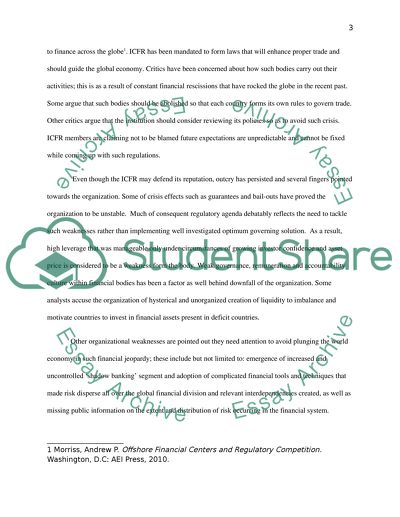Cite this document
(“International Trade and Finance Law Essay Example | Topics and Well Written Essays - 1750 words”, n.d.)
International Trade and Finance Law Essay Example | Topics and Well Written Essays - 1750 words. Retrieved from https://studentshare.org/law/1497861-international-trade-and-finance-law
International Trade and Finance Law Essay Example | Topics and Well Written Essays - 1750 words. Retrieved from https://studentshare.org/law/1497861-international-trade-and-finance-law
(International Trade and Finance Law Essay Example | Topics and Well Written Essays - 1750 Words)
International Trade and Finance Law Essay Example | Topics and Well Written Essays - 1750 Words. https://studentshare.org/law/1497861-international-trade-and-finance-law.
International Trade and Finance Law Essay Example | Topics and Well Written Essays - 1750 Words. https://studentshare.org/law/1497861-international-trade-and-finance-law.
“International Trade and Finance Law Essay Example | Topics and Well Written Essays - 1750 Words”, n.d. https://studentshare.org/law/1497861-international-trade-and-finance-law.


